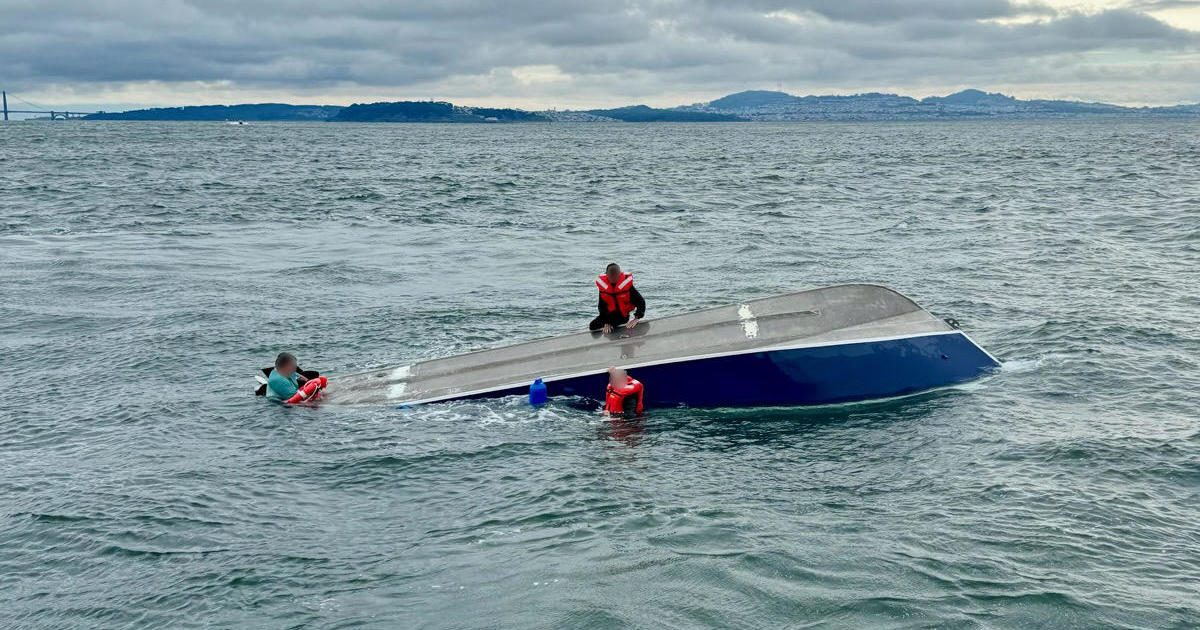State Law Expands Composting Programs Across California
SAN FRANCISCO (KPIX) -- Most people don't realize it, but the food they throw out is contributing to climate change. A new state law will soon require all Californians to do what San Franciscans have been doing for decades.
At Recology's sprawling garbage transfer station in San Francisco, the building known at the "West Wing" is where all the smelliest, slimiest, rottenest food waste is delivered -- more than 50 tons every day. But what most people see as trash, Robert Reed sees as treasure.
"This is the most important kind of garbage there is. This is the food scraps. This is where the nutrients are. This is where the carbon is," said Reed, the company's media relations manager and an ardent advocate of recycling and composting.
San Francisco residents are required to put any and all food scraps and organic material into their green composting bins rather than sending them to a landfill.
Banana peels, coffee grounds, meat and vegetable scraps were once that kind of waste that -- after being buried underground and deprived of oxygen -- created methane, a greenhouse gas more potent than CO2.
"We're trying to avoid that problem," said Reed, "And so far better for us to collect our food scraps separately and then turn them into compost."
It's the pay dirt from the city's composting program: rich, dark, sweet-smelling compost that, when applied to the soil, makes farms and gardens more fertile and retain more water. San Francisco has led the nation in the composting effort.
An January 1st, the new California state law SB 1383 began mandating that all cities in the state develop a plan for curbside pickup of food scraps.
San Francisco resident Juan Fuentes said it may take some people a while to adjust.
"You get used to it after a while," he said. "And it's a bit of a hassle sometimes. You just don't want to do it sometimes, you know? I have a little scrap of food left and I'm like, 'Can I just throw this into the garbage?' And I've got to go put it in the recycling. But you do it. You do if for the environment, you know? You're doing something."
Now the clock is ticking for other California communities. The new law requires that within three years, all cities and towns reduce organic materials sent to landfills by 75 percent.
But Reed says once you take out the normal recyclables and food waste, there really isn't that much to throw away anymore.
"It's amazing how many things we can accept in the composting program," he said.
So what's left? "A few plastic bags and some shrink wrap and that's about it," Reed explained.
The food waste program in San Francisco had another unexpected benefit. Once residents began separating their waste, garbage became cleaner, which allowed more material to be recycled.



